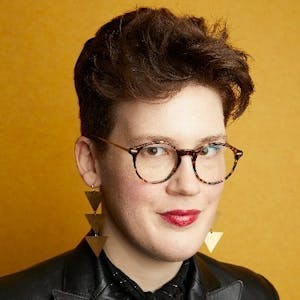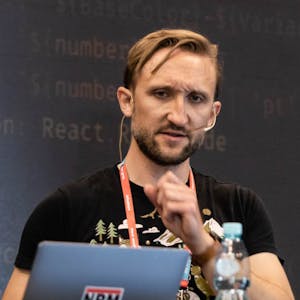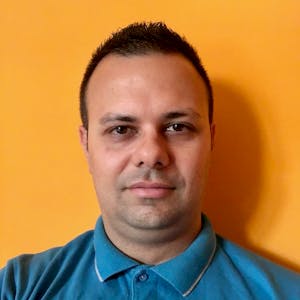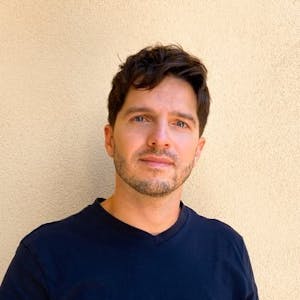Una Guía para Desarrolladores sobre Cómo Comunicar, Convencer y Colaborar Efectivamente con los Stakeholders
Es una historia tan antigua como el tiempo: la colaboración entre desarrolladores y stakeholders de negocios ha sido durante mucho tiempo un desafío, con una falta de comunicación clara que a menudo deja a ambas partes frustradas. Los mejores desarrolladores pueden comprender profundamente las necesidades de sus contrapartes de negocios, comunicar efectivamente la estrategia técnica sin perder a la audiencia no técnica y convencer al negocio de tomar las decisiones correctas. Trabajando en una consultoría, he fallado y tenido éxito en arquitectar y “vender” visiones técnicas, aprendiendo muchas lecciones en el camino.Ya sea que trabajes en una empresa de productos, seas consultor/freelancer, o quieras aventurarte más allá de ser solo un desarrollador, la capacidad de convencer y comunicar claramente con los stakeholders puede diferenciarte en la industria tecnológica. Esto se vuelve aún más importante con el auge de GenAI y el mercado de desarrolladores cada vez más competitivo, ya que la resolución de problemas y la comunicación efectiva son clave para posicionarte.En esta masterclass, compartiré ejemplos del mundo real, tanto buenos como malos, y te guiaré a través de poner la teoría en práctica mediante dojos.

